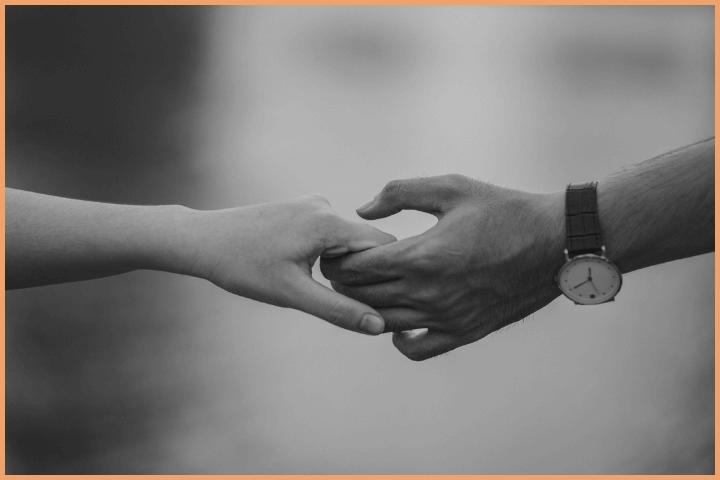Unconditional love is one of the most profound expressions of humanity. It embodies selflessness, care, and a higher understanding of life. However, in today’s world, where intentions are often misunderstood, showing unconditional love can sometimes lead to unexpected challenges. People may perceive it as a weakness, foolishness, or even an opportunity to exploit. How do we navigate this dilemma while staying true to our nature?
The Divine Nature of Unconditional Love
Unconditional love aligns with the laws of nature and the divine order. It transcends judgments, personal gain, and conditions, embodying the highest ideals of compassion and unity. Those who can express such love move closer to a state of enlightenment, often described as the “light form.” This state reflects a connection with the divine, where love flows freely without fear or reservation.
Challenges of Practicing Unconditional Love in Kaliyuga
In the current age, often referred to as Kaliyuga, the moral fabric of society is perceived to have weakened. People may misinterpret acts of unconditional love as signs of naivety or foolishness. This can result in two primary challenges:
1. Misjudgment: Some may label individuals who express unconditional love as “mad” or “idiotic.”
2. Exploitation: Others might take advantage of such individuals, using their kindness for selfish gains.
These challenges, while disheartening, can also serve as opportunities for spiritual growth and self-awareness.

The Balance Between Love and Awareness
Unconditional love does not mean blind acceptance of all behavior. True love encompasses both kindness and the wisdom to discern when to set boundaries. Here are ways to balance love and awareness:
1. Gauge When to Show Love
Understanding when and how to express love is crucial. Excessive affection in situations where it may be misunderstood can lead to confusion or misinterpretation. Practice showing love in a measured and appropriate manner based on the context.
2. Use Love Consciously
While expressing love freely is important, be mindful of the recipient’s reaction. If someone misunderstands or misuses your love, addressing the issue without losing your loving nature is essential.
3. Set Boundaries with Kindness
When necessary, express your concerns or warn others to prevent misunderstandings. This doesn’t mean acting harshly but rather conveying your message firmly while staying rooted in compassion.
Anger as a Conscious Expression of Love
Many view anger as the opposite of love, but when expressed consciously, it can serve as a form of love. For example:
- A parent might express anger to correct a child’s behavior out of concern.
- A teacher might sternly guide a student to help them grow.
The key is to use anger consciously and constructively, ensuring it comes from a place of care rather than personal frustration. Avoid falling into uncontrolled anger; instead, use it as a tool for guidance and correction.
Overcoming Fear of Misjudgment
If you fear being misunderstood or labeled as naive, focus on conveying your intentions clearly through actions and words. Let others see that your love comes from a place of strength and awareness, not weakness. However, avoid the trap of enjoying any fear or respect that your boundaries might inspire. Stay grounded and maintain your loving state.
Conclusion: Love with Wisdom
Unconditional love is a gift, both to the giver and the receiver. It reflects the highest state of consciousness and aligns with divine principles. In today’s world, however, combining love with wisdom is essential. By being mindful, setting boundaries, and using emotions like anger constructively, you can protect yourself while continuing to spread love.
Let unconditional love guide your actions, but ensure that your expression of it is conscious, balanced, and aligned with your safety and well-being.

